Despite the outlawing of new petrol and diesel car and van sales in the UK being eight-and-a-half years away, 2030 is writ large within the automotive industry.
It’s also at the forefront of the minds of those who work at the Department for Transport – not least Rachel Maclean, the Conservative MP for Redditch who is the minister responsible for transport decarbonisation.
It seems as though the tide is turning and British drivers are slowly backing out of petrol and diesel vehicles in favour of zero-emissions ones. Statistics published by the Society of Motor Manufacturers and Traders (SMMT) show that electric cars took 10.7% of all new registrations in June. But there’s still a long way to go.
Although the focus so far has been on battery electric vehicles (BEVs), Maclean said the government is open to other technologies, such as hydrogen, playing their parts in decarbonising our vehicle parc.
“The approach we take is that we don’t prescribe one technology over another,” Maclean told Autocar in an exclusive interview. “We’re completely technology- neutral. But it’s a fact that some technologies have been accelerated beyond others. While we’re technology- neutral, we’re not outcome- neutral: the outcome has to be decarbonising the economy and hitting net-zero.
“The truth about hydrogen is that it’s very expensive to produce. The government has supported hydrogen, and it does have a role to play. We’re going to be releasing a hydrogen strategy very soon. Our ambition is to aim for 5GW of [annual] hydrogen production [in the UK]. We see it being used in the end to decarbonise areas such as HGVs, aeroplanes and ships.”
Synthetic fuels – recently touted by Porsche and other sports car manufacturers as a potential future solution – also “have a role to play” in driving down emissions, said Maclean, although she added that they will probably be used more in the aviation and maritime industries, “because those sectors are hard to decarbonise”.
One area that will be affected as the automotive industry evolves into an electrically powered one is classic cars. In May, the Historic and Classic Vehicles Alliance hit out at the government for unfairly penalising classic cars as part of its drive to decarbonise, despite the average classic car driving just 1200 miles per year. However, Maclean made a commitment to not unduly impact the sector.
“Obviously, the classic car community is a really important group and a really important part of the whole picture, and I’m sure many of your readers will fall into that category,” she told Autocar. “It’s important to be clear that while we’re phasing out the sale of new petrol and diesel vehicles, at this stage we don’t have any plans to actually ask people to remove existing or classic cars or older cars from the road.

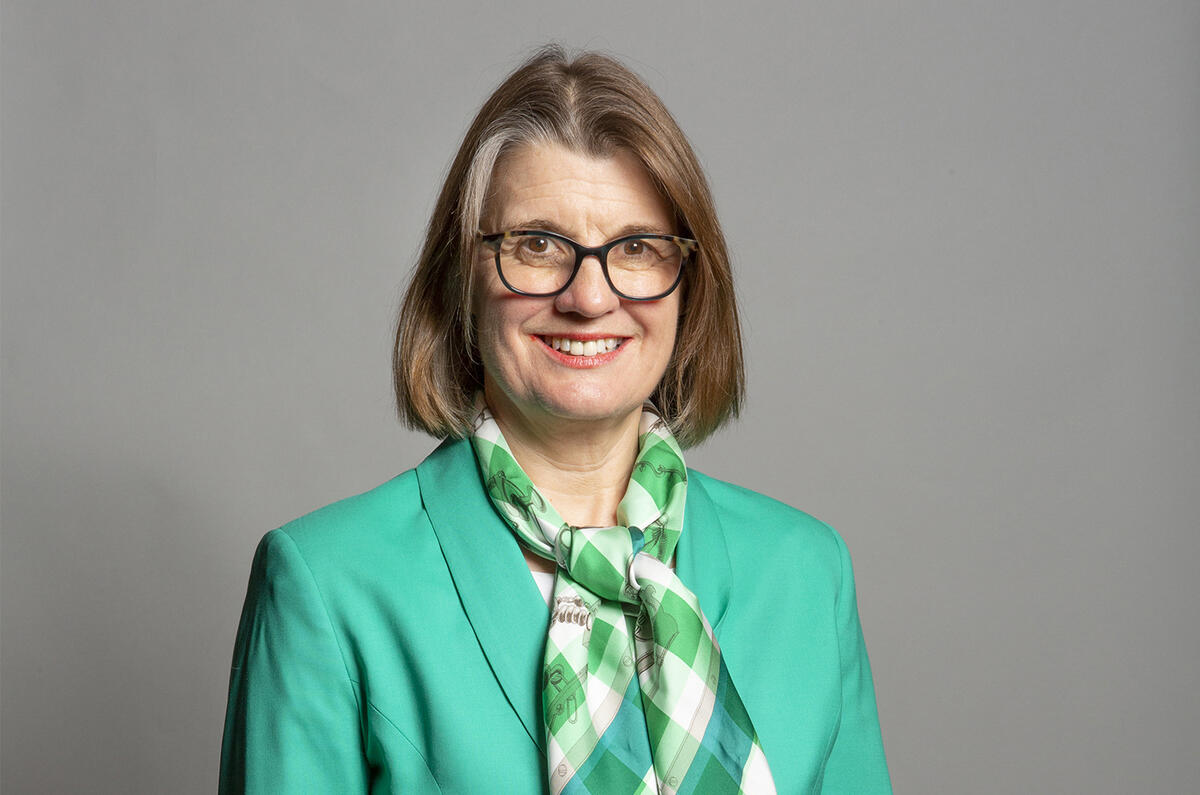
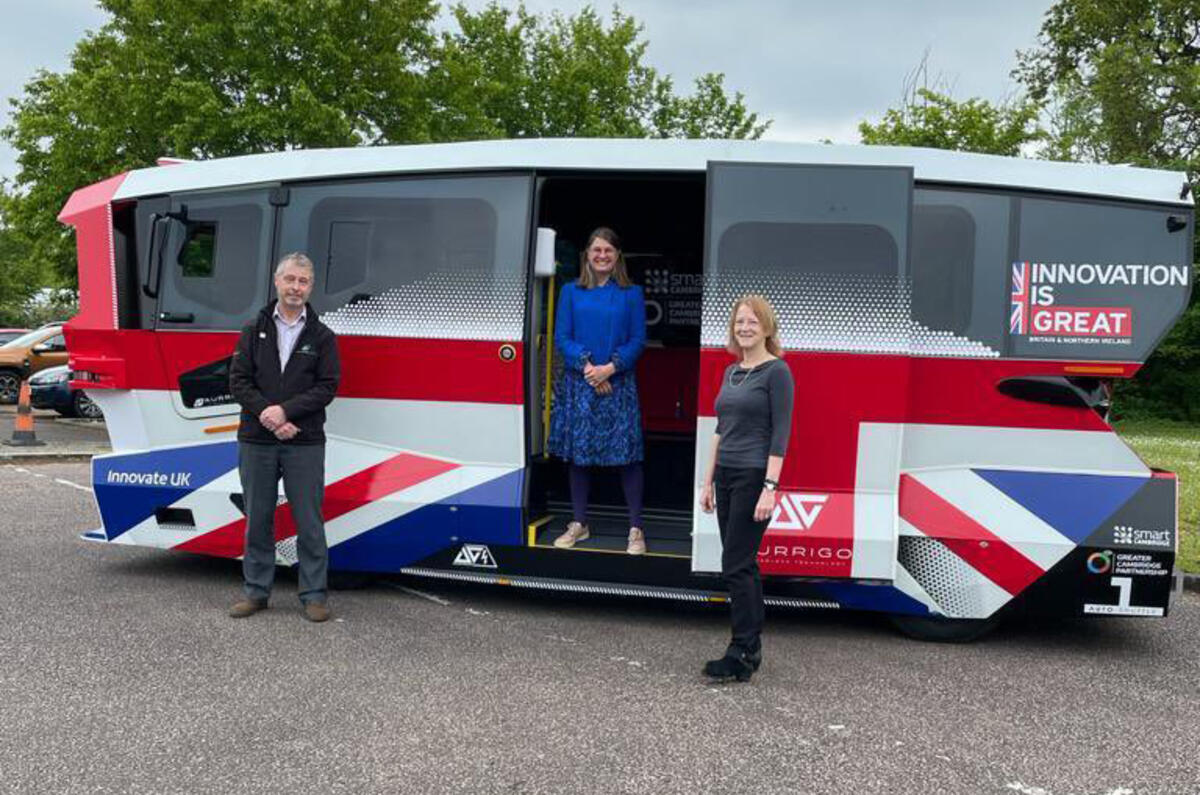
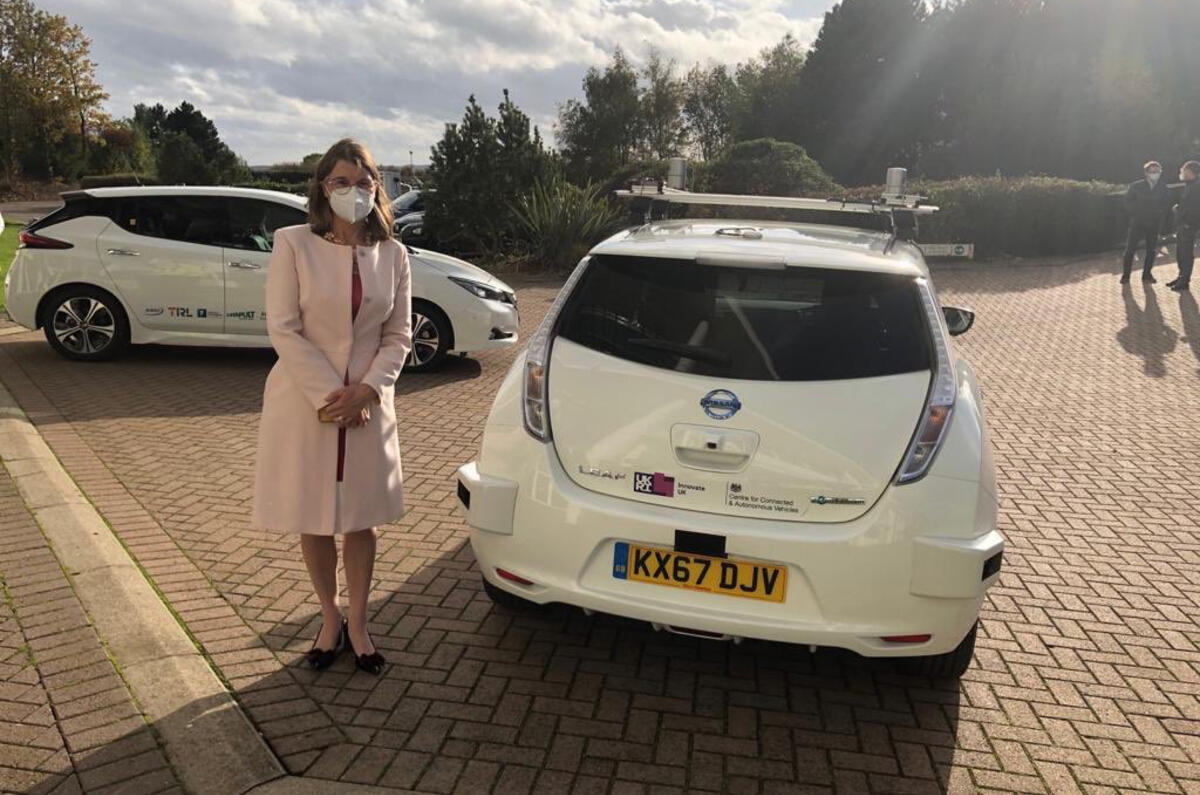
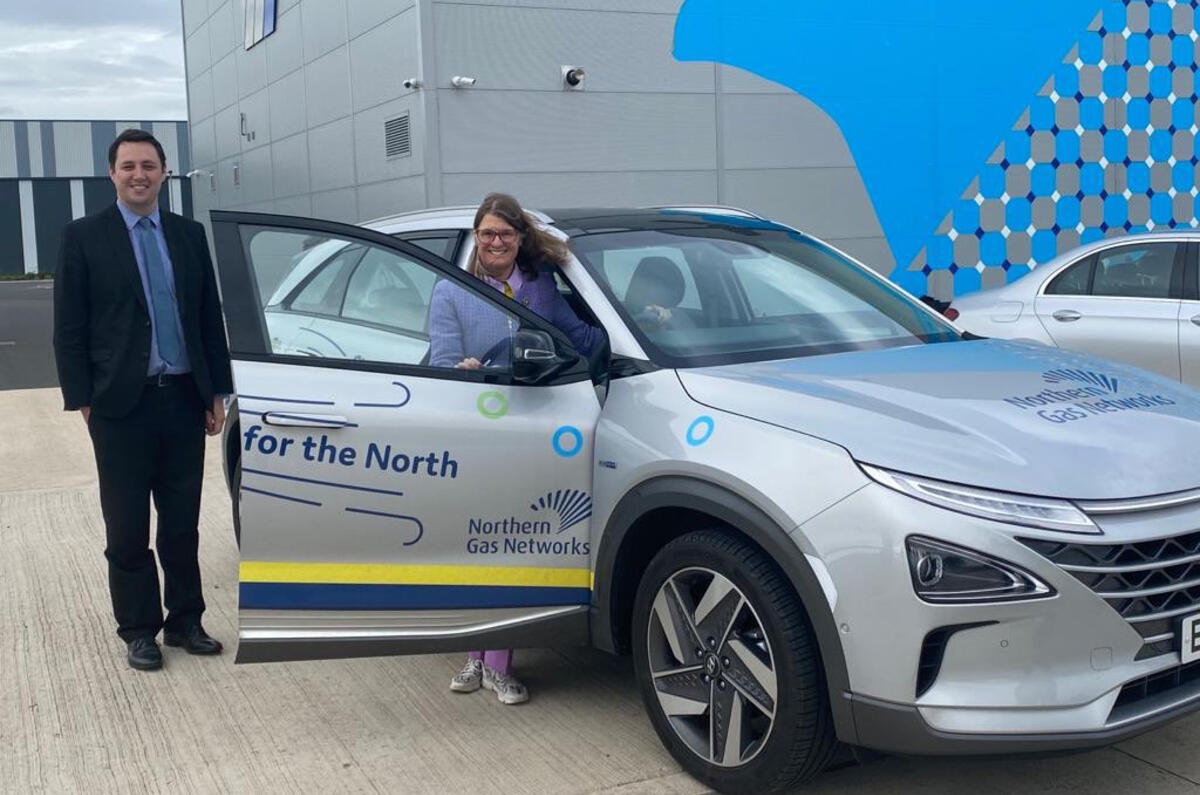
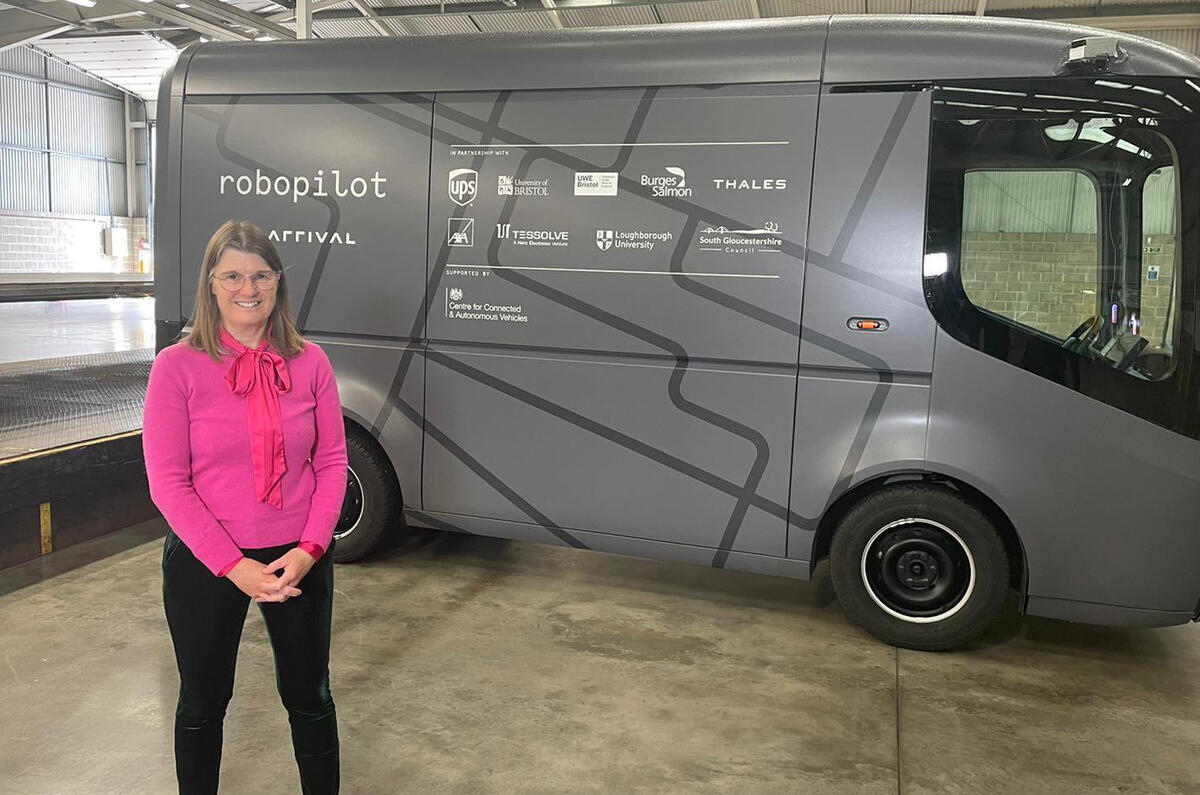

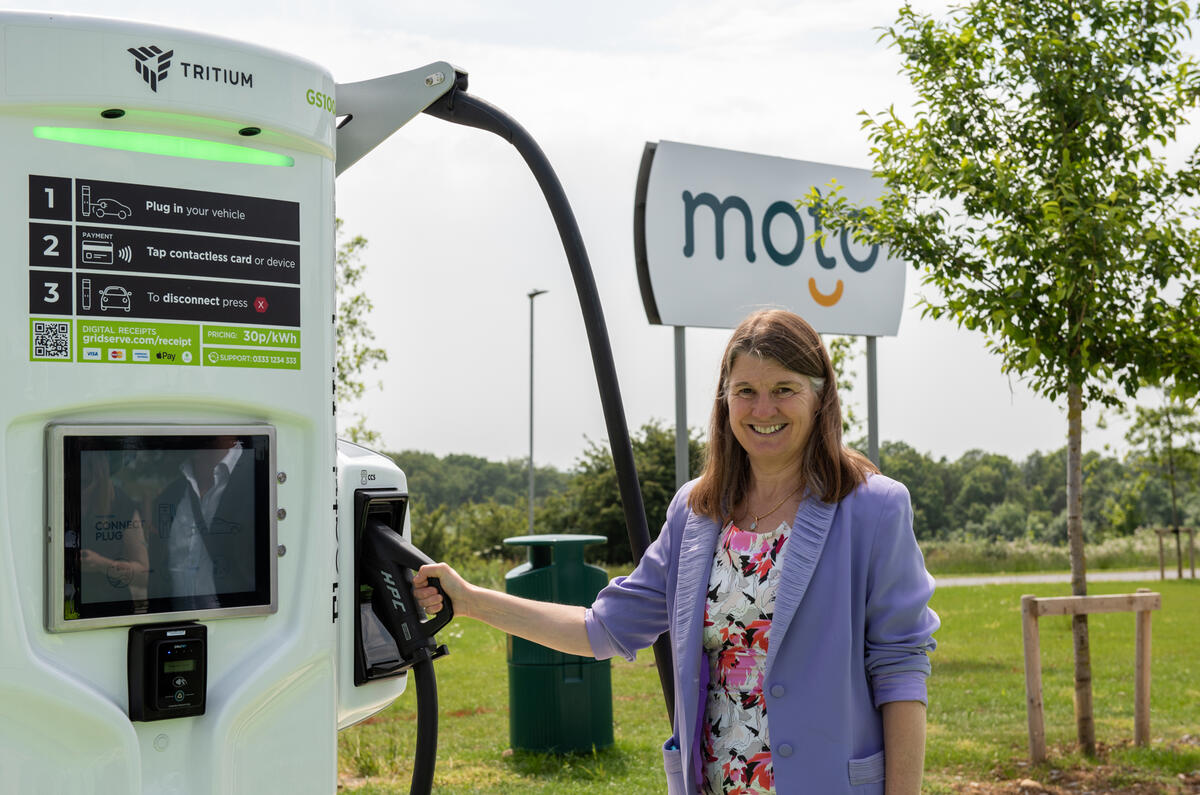


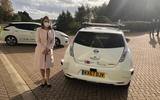



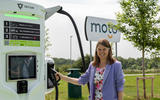


Join the debate
Add your comment
My parents house got digital TV in 2012, sometimes technology takes a while to get to all places.
85% of cars currently live at a house with off street parking, the 15% of cars which don't can mostly get charged at the stations that will get built up to allow the other 85% of cars to travel long distances.
Expect some sort of "right to charge" legislation to fill in the gaps.
Keep calm and carry on, Scott. You lost this argument.
Drive to work to charge up your car. How many billions of lost trade did the Gov reckon was being lost thru congestion? And now the idea is to increase it... whilst also ploughing money in to projects such as HS2. So they want you to use public transport and drive to work? What a shambles.
It's all well in saying the solutions aren't in place, but for folk without driveways, I haven't even heard a viable suggestion yet. Would be interesting to know how many of those 10.7% of EV sales are to people without a drive.
The last person who needs to be interviewed is a Gov minister as they'll promise everything. A world class NHS Covid-19 app? We're still waiting, in fact it's so flipp'n useless aren't they suggesting to ignore it now?